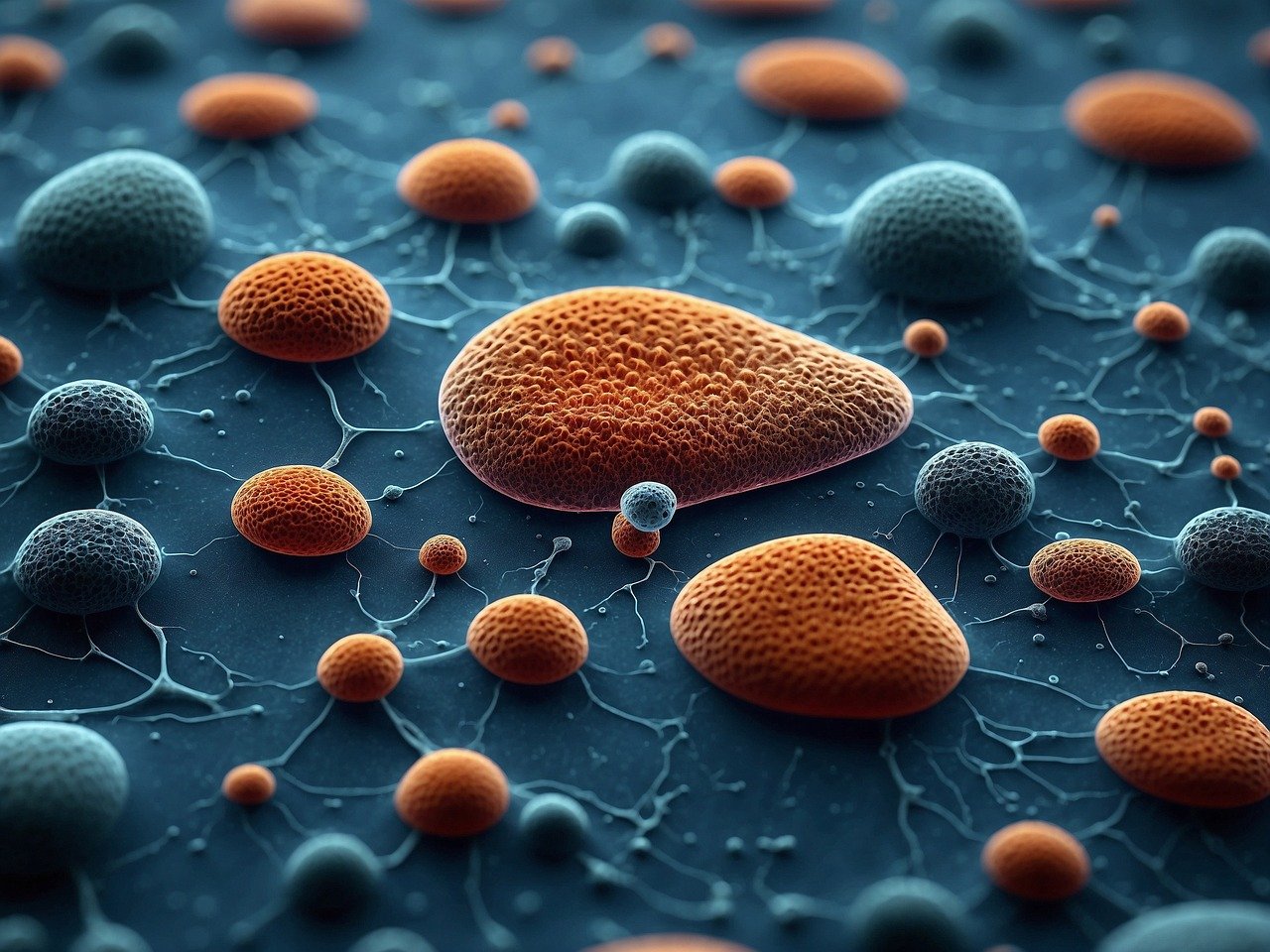Unveiling the Top 10 Causes of Cancer: Understanding the Complex Tapestry of Risk Factors
Cancer, a group of diseases characterized by the uncontrolled growth and spread of abnormal cells, remains a formidable global health challenge. While genetics play a role in cancer development, environmental and lifestyle factors also contribute significantly. In this comprehensive exploration, we delve into the top 10 causes of cancer, shedding light on the multifaceted nature of these risk factors.
- Tobacco Use:
- Smoking and the use of tobacco products top the list of preventable causes of cancer. Carcinogens present in tobacco smoke can lead to various cancers, including lung, throat, and mouth cancers. Secondhand smoke exposure also poses a risk.
- Diet and Nutrition:
- Poor dietary choices, including a high intake of processed foods, red and processed meats, and low consumption of fruits and vegetables, have been linked to an increased risk of cancer. Obesity, often a result of an unhealthy diet, is a risk factor for multiple cancers.
- UV Radiation:
- Exposure to ultraviolet (UV) radiation from the sun or artificial sources, like tanning beds, is a significant risk factor for skin cancer. Prolonged sun exposure without adequate protection increases the likelihood of developing melanoma and other skin cancers.
- Alcohol Consumption:
- Regular and excessive alcohol consumption is associated with an elevated risk of several cancers, including those of the liver, breast, and esophagus. The mechanisms behind this association involve the conversion of alcohol into acetaldehyde, a known carcinogen.
- Physical Inactivity:
- Sedentary lifestyles and lack of regular physical activity contribute to an increased risk of cancer. Exercise has been shown to reduce the risk of various cancers by promoting a healthy body weight and supporting the immune system.
- Infections:
- Certain infections, such as human papillomavirus (HPV), hepatitis B and C, and Helicobacter pylori, are known to increase the risk of specific cancers. Vaccination and proper medical management of these infections are crucial in cancer prevention.
- Environmental Pollution:
- Exposure to environmental pollutants, including air and water pollution, industrial chemicals, and asbestos, can contribute to the development of cancer. Occupational exposure to carcinogens is also a concern for certain professions.
- Genetic Factors:
- While most cancers are not solely caused by genetics, inherited genetic mutations can significantly increase the risk of developing certain types of cancer. Genetic counseling and testing can help individuals understand and manage their genetic risk.
- Hormones:
- Hormonal factors play a role in some cancers, particularly those related to reproductive organs. Hormone replacement therapy, prolonged use of oral contraceptives, and hormone-related conditions can impact cancer risk.
- Radiation Exposure:
- Ionizing radiation from medical imaging procedures, such as X-rays and CT scans, as well as exposure to radioactive substances, is a known risk factor for cancer. Minimizing unnecessary radiation exposure and ensuring safety in medical procedures are essential.

The causes of cancer are diverse and often interconnected, making prevention a complex challenge. Understanding these risk factors empowers individuals to make informed lifestyle choices and adopt preventive measures. As research continues to unveil the intricate mechanisms behind cancer development, a holistic approach encompassing lifestyle modifications, early detection, and advances in medical science remains our best defense against this formidable adversary.

